Buy Lepidium Meyenii, Maca Plant online from Nurserylive at lowest price.

Lepidium meyenii Alchetron, The Free Social Encyclopedia
Lepidium meyenii is a cruciferous plant native to the high Andes. It is also called Peruvian ginseng or maca. It is claimed to increase strength, energy, stamina, libido, and sexual function. 6 • Ocimum tenuiflorum or Ocimum sanctum is in the Lamiaceae family and is native to the Indian subcontinent. It is also known as holy basil and tulasi.

Maca (Lepidium meyenii, Lepidium peruvianum), leaves Stock Photo, Royalty Free Image 76066463
Lepidium meyenii or Maca is widely cultivated as a health care food supplement due to its nutritional and medicinal properties. Although there are a few in-depth studies evaluating Maca antihypertensive effects, the correlations between the chemical constituents and bioactivity of the plant have not been studied before.

Maca Lepidium meyenii Beschreibung Steckbrief Systematik
This review summarizes the current state of knowledge on Lepidium meyenii (maca), a cruciferous plant (Brassicaceae family) which is cultivated exclusively at an altitude of 4,000-4,500 m in the Peruvian Central Andes. Maca is traditionally used for its nutritional and presumed medicinal properties.
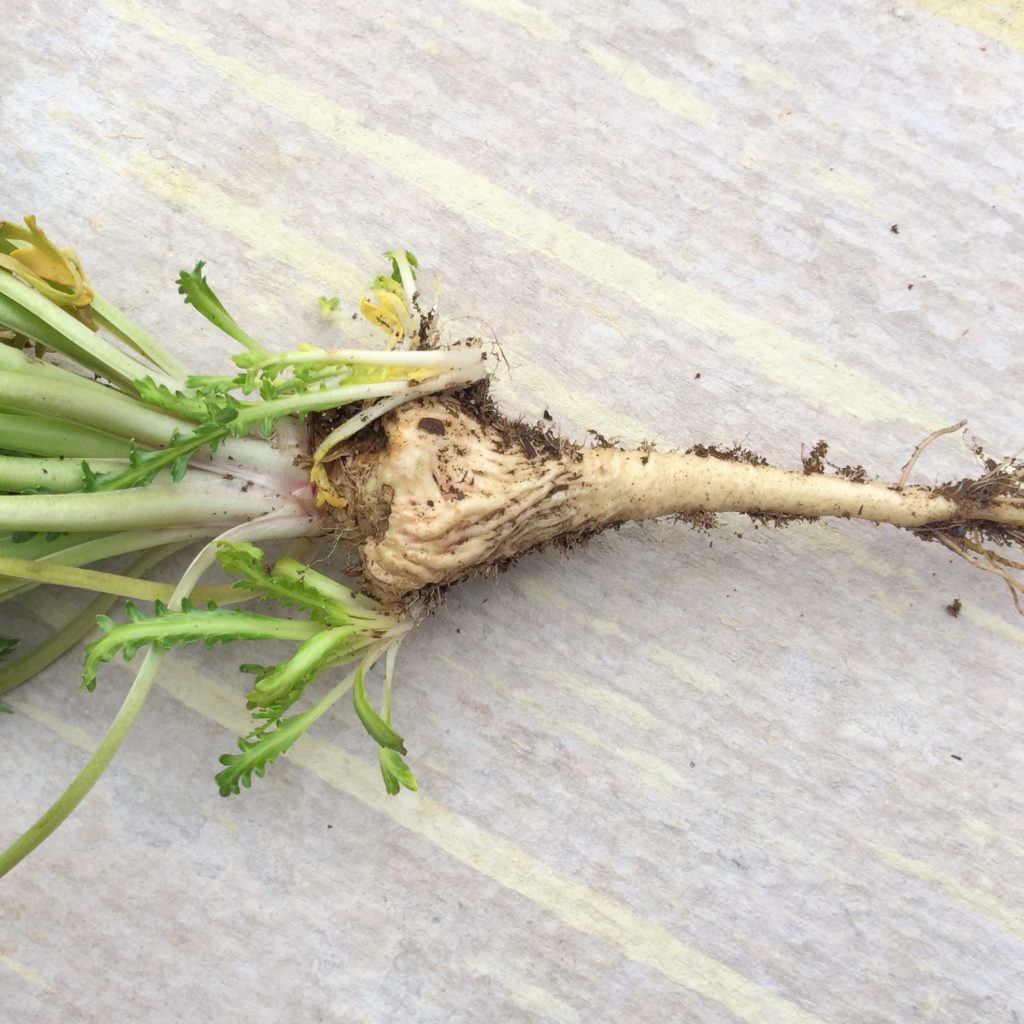
How to Grow Maca (Lepidium meyenii) Cultivariable
Introduction. Lepidium meyenii Walp. (Brassicaceae), also known as Peruvian maca is an annual, low growing plant that is found at high altitudes (3800-4400 m) in the Andes; however, maca can be grown outside of its natural habitat (Lim, 2015).Maca has been studied abundantly because of the reported health benefits (such as sexual dysfunction, semen quality and menopausal symptoms.

Lepidium meyenii (Maca) LA FORET COMESTIBLE
The maca plant, also called Lepidium meyenii or "Peruvian ginseng," is a cruciferous vegetable related to broccoli, cauliflower, cabbage, and kale. Native to the high Andean plateaus, it has.
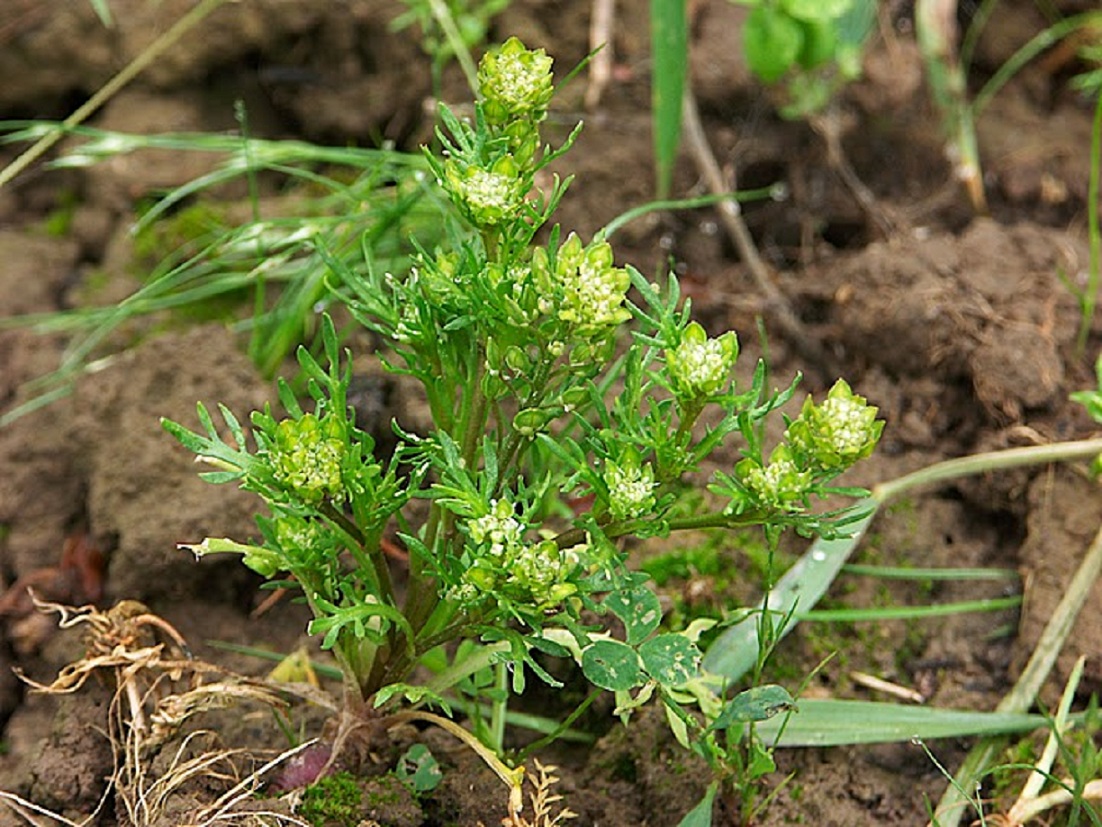
All about Ayurveda and Herbs MACA (Lepidium Meyenii)
PMCID: PMC3184420 DOI: 10.1155/2012/193496 Lepidium meyenii (maca) is a Peruvian plant of the Brassicaceae family cultivated for more than 2000 years, which grows exclusively in the central Andes between 4000 and 4500 m altitude. Maca is used as a food supplement and also for its medicinal properties described traditionally. Since the 90s of.

Lepidium meyenii/Maca Intelezi Herbs
Lepidium meyenii (maca) is a Peruvian plant of the Brassicaceae family cultivated for more than 2000 years, which grows exclusively in the central Andes between 4000 and 4500 m altitude. Maca is used as a food supplement and also for its medicinal properties described traditionally.

PLAAN Maca Lepidium peruvianum o Lepidium meyenii
Effects of different varieties of maca (lepidium meyenii) on bone structure in ovariectomized rats. Forsch Komplementmed. 2010;17:137-143. . In the paper, the study authors say it's likely.
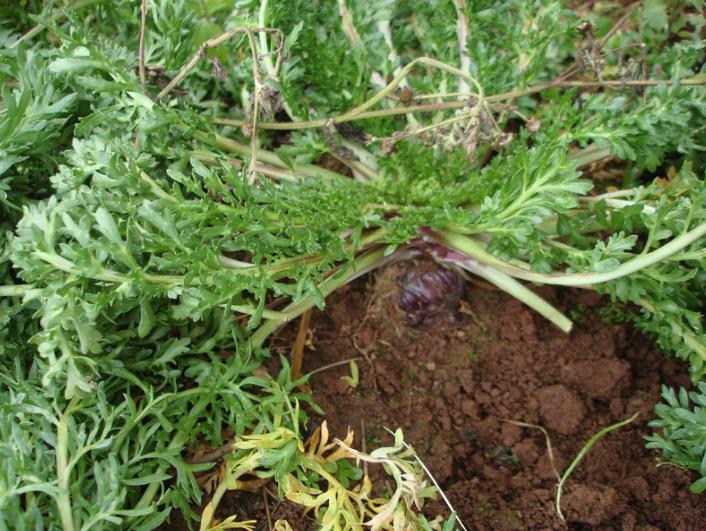
All about Ayurveda and Herbs MACA (Lepidium Meyenii)
What is it? Maca, also called Ginseng Andin, Peruvian Ginseng, Lepidium meyenii, or Lepidium peruvianum, is a relative of radish and smells similar to butterscotch. Maca is a plant that grows on the high plateaus of the Andes Mountains. It's been cultivated as a root vegetable for at least 3000 years.

Maca Root Lepidium Meyenii Hekma Center
Maca, also called Ginseng Andin, Peruvian Ginseng, Lepidium meyenii, or Lepidium peruvianum, is a relative of radish and smells similar to butterscotch. Maca is a plant that grows on the.

Buy Lepidium Meyenii, Maca Plant online from Nurserylive at lowest price.
Maca is a nutritionally valuable plant native to Peru. It is used traditionally to enhance fertility and sexual performance in both men and women and to relieve menopausal symptoms.. Effect of Lepidium meyenii (MACA) on sexual desire and its absent relationship with serum testosterone levels in adult healthy men. Andrologia 2002;34:367-72.
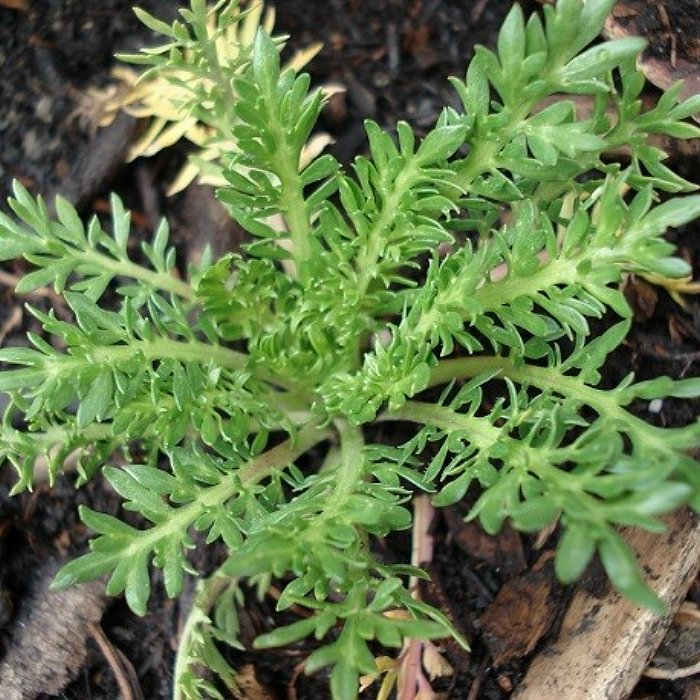
RP 1205 Lepidium meyenii Maca Valentine
1. Introduction. Maca (Lepidium meyenii Walpers) (Lepidium peruvianum is a synonym) became domesticated probably between the years 4000-1200 BCE at the high plateaus of the Peruvian central Andes (Toledo et al., 1998).This biennial herbaceous plant belongs to the cruciferous (Brassicaceae) family which also includes cauliflower, cabbage, and garden cress (Toledo et al., 1998).
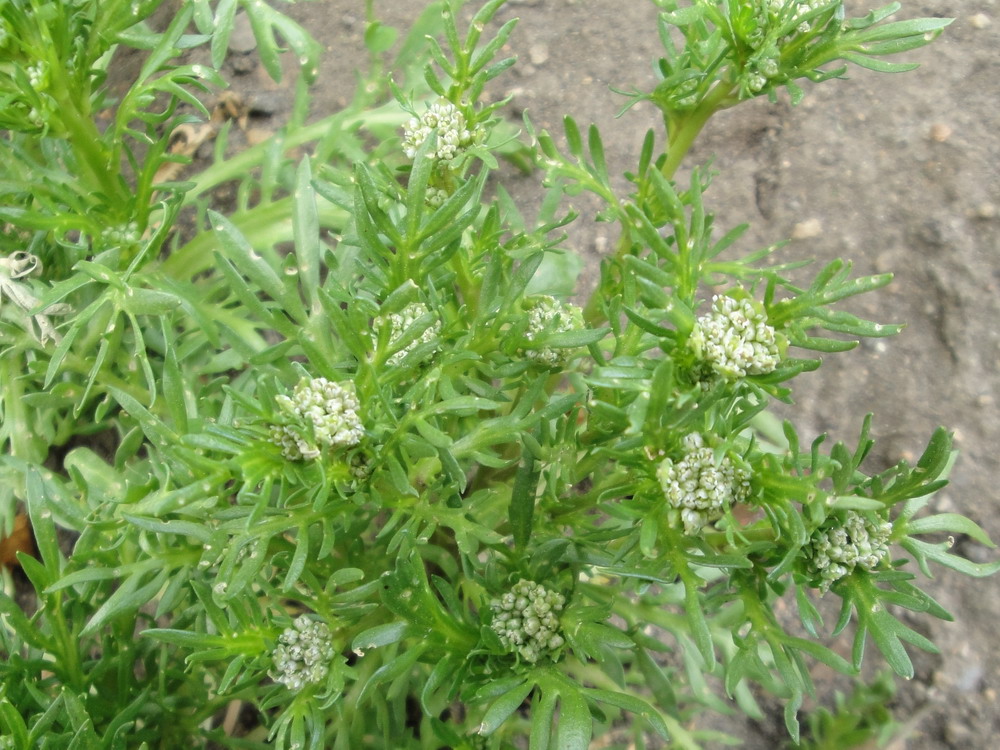
Lepidium meyenii Изображение особи Плантариум
maca, ( Lepidium meyenii ), herbaceous plant of the mustard family ( Brassicaceae ), cultivated for its edible rootlike storage organ. The plant is native to the Andes Mountains of central Peru, where it grows at elevations roughly between 4,000 and 4,500 metres (13,000 and 14,800 feet).

Seeds for Yellow Maca Lepidium meyenii Amkha Seed
Lepidium meyenii, known as maca or Peruvian ginseng, is an edible herbaceous biennial plant of the family Brassicaceae that is native to South America in the high Andes mountains of Peru and Bolivia. It was rediscovered for commercial purposes at the Meseta de Bombón plateau close to Lake Junin in the late 1980s. [1]

Lepidium meyenii/Maca Intelezi Herbs
Maca (Lepidium meyenii) is the root of a vegetable native to the Andes region of Peru. Maca root is also known as "Peruvian ginseng," even though it doesn't belong to the same botanical family as ginseng. Maca is consumed as a food and is sometimes used to boost energy and libido (sexual drive).

Lepidium meyenii/Maca Intelezi Herbs
"Maca" is the common name for two species of cruciferous vegetable in the Brassicaceae family: Lepidium meyenii (wild maca) and Lepidium peruvianum (cultivated maca). In the literature, and according to large regulatory bodies, these maca species are considered synonymous and interchangeable.